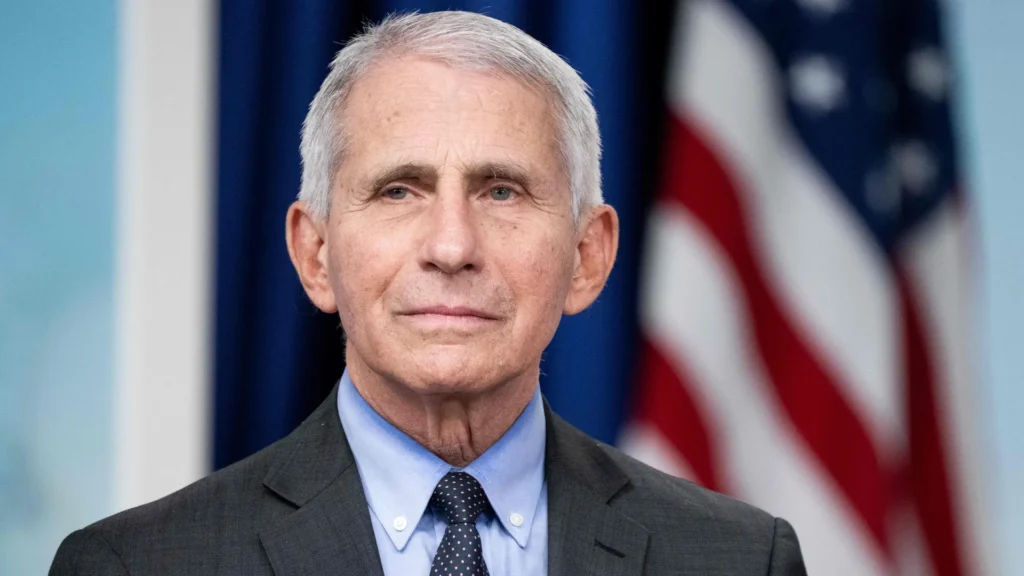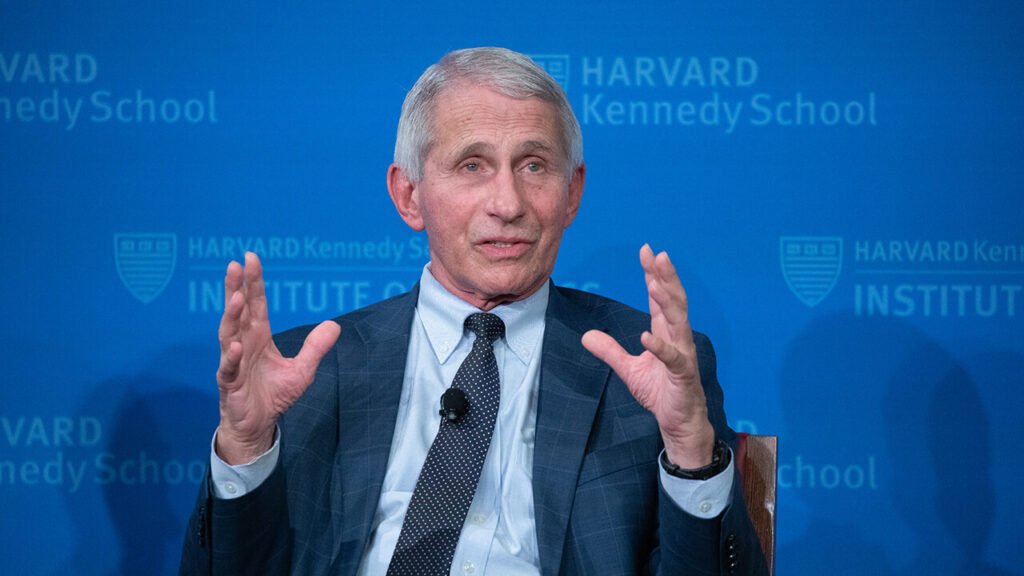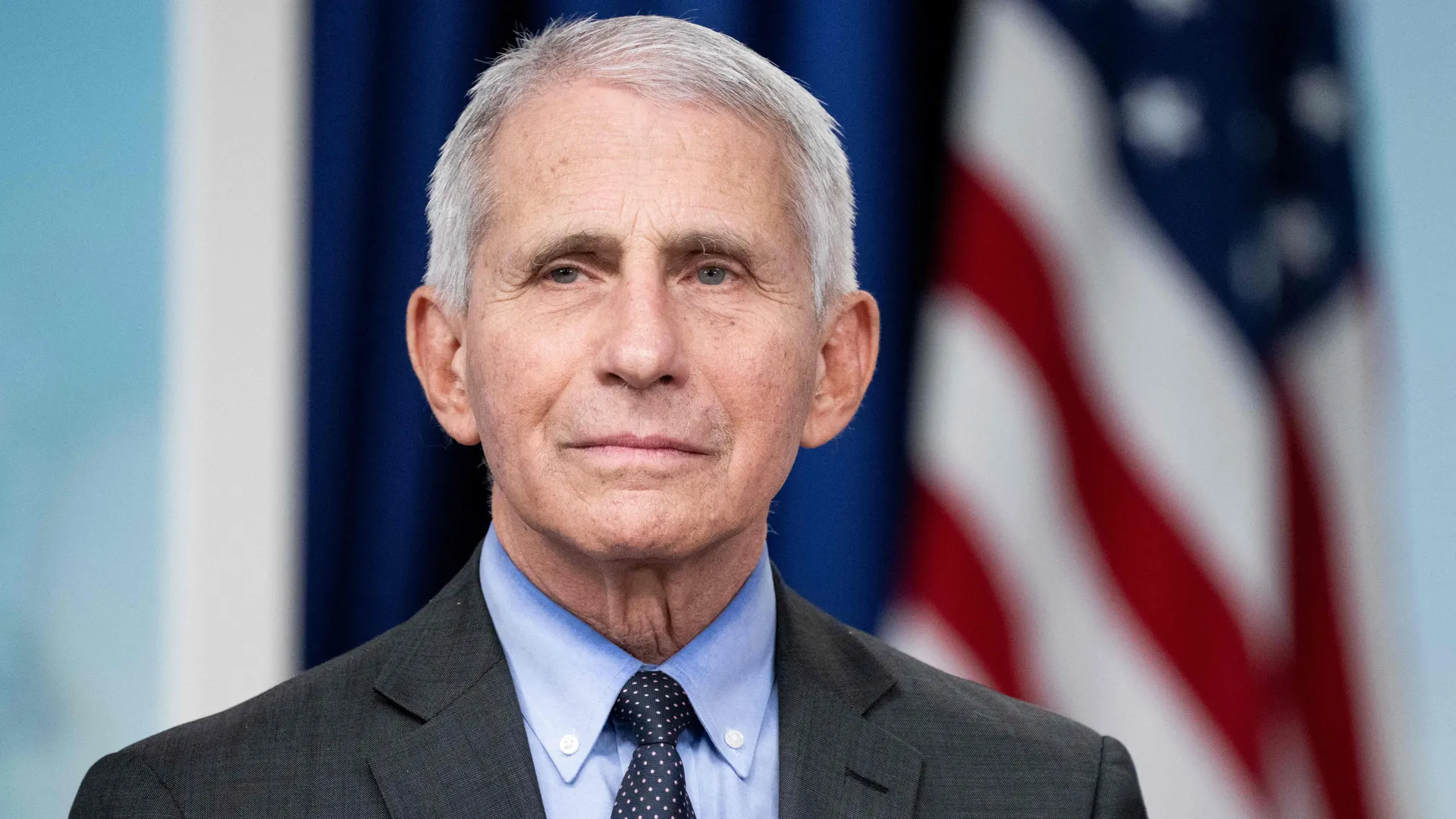
Anthony Fauci If you’ve been paying attention to the news over the last few decades — especially the recent pandemic years — the name Anthony Fauci probably rings a bell. For many, he’s become the face of American public health, a symbol of science, resilience, and sometimes controversy. But who exactly is Anthony Fauci? How did he rise to such prominence, and what impact has he had on global health? Buckle up — we’re about to take a deep dive into the life, career, and legacy of one of the most influential figures in modern medicine.
Early Life and Education
Anthony Stephen Fauci was born on December 24, 1940, in Brooklyn, New York. Growing up in a modest family, Fauci developed a passion for science early on. His parents encouraged his curiosity, and he was fascinated by how the human body worked. This early interest led him to pursue medicine.
He attended the College of the Holy Cross, earning a Bachelor of Arts degree in 1962. Fauci then went on to receive his Doctor of Medicine (MD) from Cornell University Medical College in 1966. During his time in medical school, Fauci was deeply influenced by mentors who encouraged him to combine research with clinical work.
Career Beginnings
After completing his residency, Fauci joined the National Institutes of Health (NIH) in 1968. At NIH, he quickly established himself as a skilled researcher, focusing on immunology — the study of the immune system. Fauci’s early work centered on understanding diseases caused by immune system dysfunction, which would set the foundation for his future contributions.
Rise to Prominence
In 1984, Fauci was appointed Director of the National Institute of Allergy and Infectious Diseases (NIAID), a position he has held ever since. This role put him at the forefront of America’s fight against infectious diseases, including the emerging HIV/AIDS crisis of the 1980s.
Fauci’s leadership during the AIDS epidemic was critical. He helped develop effective treatment strategies and advocated for science-driven policy decisions during a time when misinformation and stigma ran rampant. His calm, clear communication helped bridge the gap between scientists, policymakers, and the public.
Key Scientific Achievements
Over the years, Fauci has authored or co-authored more than 1,300 scientific publications — a staggering body of work. He has made significant contributions to the understanding of immune-mediated diseases, such as autoimmune disorders, and the development of antiviral therapies.
His research helped shape protocols for managing infectious diseases, influencing treatment for HIV, SARS, MERS, Ebola, and more. Fauci’s work is credited with saving countless lives and strengthening global health systems.
Fauci and the COVID-19 Pandemic

When COVID-19 emerged in late 2019, Fauci quickly became a central figure in the U.S. response. As a member of the White House Coronavirus Task Force, he provided expert advice, guided public health policies, and regularly communicated updates to the public.
His straightforward, science-first approach helped many Americans understand the gravity of the pandemic and the importance of measures like mask-wearing and vaccination. Yet, Fauci also faced unprecedented challenges — from political pressure to public skepticism.
Navigating Political and Social Pressure
The pandemic era was not without its struggles. Fauci was often caught in the crossfire of political debates, media scrutiny, and misinformation. Despite this, he maintained his commitment to transparency and science.
Fauci’s ability to communicate complex scientific ideas in an accessible way earned him both fans and critics. Through it all, he emphasized the importance of following the evidence and adapting policies as new information emerged.
Fauci’s Message on Science and Public Health
Fauci has consistently championed evidence-based decision-making. He often reminded the public that science evolves, and flexibility is key to responding effectively to health crises. His calls for unity and collective responsibility resonated widely, especially in a time of division.
He also addressed vaccine hesitancy head-on, encouraging people to trust in rigorous testing and the collective benefits of immunization.
Personal Traits and Leadership Style
What makes Fauci stand out isn’t just his scientific acumen, but also his communication skills and empathy. He combines deep knowledge with an approachable demeanor that reassures people even in uncertain times.
His leadership is marked by adaptability—recognizing when new data requires a shift in strategy—and a steady calm under pressure, qualities essential for crisis management.
Awards, Honors, and Recognitions
Throughout his career, Fauci has received numerous accolades. These include the Presidential Medal of Freedom, the highest civilian award in the U.S., awarded by President Barack Obama in 2008. He has also been recognized internationally for his contributions to infectious disease research.
His influence extends beyond awards; Fauci is widely respected among scientists and policymakers worldwide for his decades of dedication.
Criticism and Controversies
Of course, with great visibility comes controversy. Fauci has been the target of political attacks, conspiracy theories, and misinformation campaigns, especially during the COVID-19 pandemic.
Critics have questioned his recommendations and past statements, sometimes out of political motivation. Fauci has responded by emphasizing transparency and focusing on the science, striving to build trust even in divisive climates.
Fauci’s Impact on Future Public Health Policy

Looking ahead, Fauci’s work has laid the groundwork for improved pandemic preparedness. He advocates for stronger global health infrastructure, better surveillance systems, and continued investment in scientific research.
His mentorship of younger scientists ensures that his legacy will continue to influence public health for years to come.
Life Outside the Lab
Beyond his scientific work, Fauci has become a cultural figure—appearing on talk shows, podcasts, and even late-night TV. Despite his fame, he keeps a relatively private personal life, with interests that include reading, tennis, and spending time with family.
Conclusion
Anthony Fauci’s career is a testament to the power of science, dedication, and resilience. From battling HIV/AIDS to navigating the complexities of a global pandemic, Fauci’s steady presence and commitment to truth have left an indelible mark on public health. His story reminds us that in times of crisis, leadership grounded in facts and empathy can guide us through the storm.
FAQs
Q1: Who is Anthony Fauci?
A1: Anthony Fauci is an American immunologist and the longtime director of the National Institute of Allergy and Infectious Diseases (NIAID). He is known for his leadership in combating infectious diseases.
Q2: What was Fauci’s role in the COVID-19 pandemic?
A2: Fauci was a leading member of the White House Coronavirus Task Force, providing expert advice and communicating public health guidance to help manage the pandemic.
Q3: How did Fauci contribute to HIV/AIDS research?
A3: Fauci played a key role in developing treatment strategies and public policies during the AIDS crisis, promoting science-based approaches to combat the epidemic.
Q4: Why has Fauci been controversial?
A4: Fauci has faced criticism due to politicization of public health measures, misinformation, and conspiracy theories, especially during the COVID-19 pandemic.
Q5: What awards has Fauci received?
A5: Fauci has received numerous honors, including the Presidential Medal of Freedom and international recognition for his contributions to infectious disease research.

